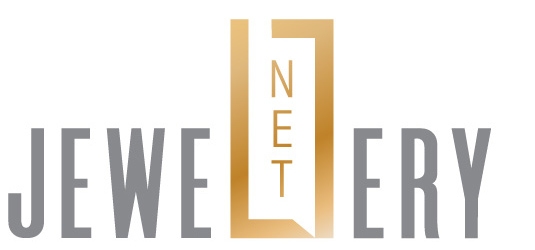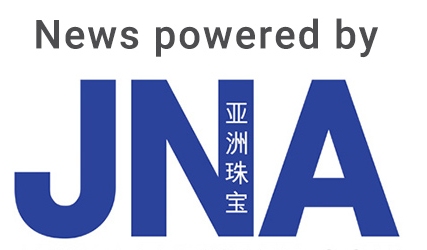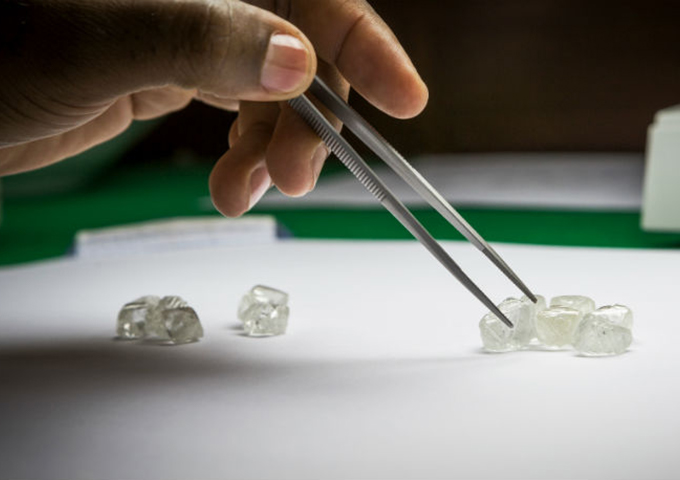The World Diamond Council (WDC) expects progress in amendments to the definition of conflict diamonds that would reflect modern supply chain issues when the Kimberley Process (KP) meets in New Delhi next month.
Speaking at the WDC’s Annual General Meeting (AGM) in Antwerp in early October, WDC President Stephane Fischler said his organisation wants to see developments in this arena to better address systemic violence in certain diamond mines.
The KP Plenary meeting is scheduled for November 18 to 22.
AGM discussions delved on the end of the three-year KP review and reform process as well as WDC’s plan to release a toolkit to implement the new System of Warranties or SOW, which goes beyond the scope of the Kimberley Process Certification Scheme (KPCS). KPCS was established in 2003 to prevent conflict diamonds from entering the mainstream rough diamond market.
Fischler also called on the industry to be vigilant when purchasing rough diamonds from Central African Republic and to make sure the stones are KP-compliant.
The KP should also discuss how to implement the new definition of conflict diamonds, noted the WDC official. Several definition amendments are being considered by the KP, including a proposal by Canada, which had been formulated together with WDC and the Civil Society Coalition, and others by Botswana and Russia.
“We are still far from a final agreement, but there is now a general awareness that a new and strengthened scope will indeed be of benefit to the KP and all its stakeholders,” Fischler said. “These are extremely complex negotiations, where the north-south divide is apparent, and where different historical contexts must be acknowledged, for they shape perceptions and understandings.”
With the strengthened scope, KPCS should be regarded as a system that prevents instances of violence and conflict, and in so doing, facilitates capacity building in the mines and protects consumer confidence.
The SOW is another element in the WDC’s programme to support the integrity of the diamonds, noted WDC, adding that its scope now covers the rough and polished diamond trade and directly references international conventions on human and labour rights, anti-corruption and anti-money laundering.









